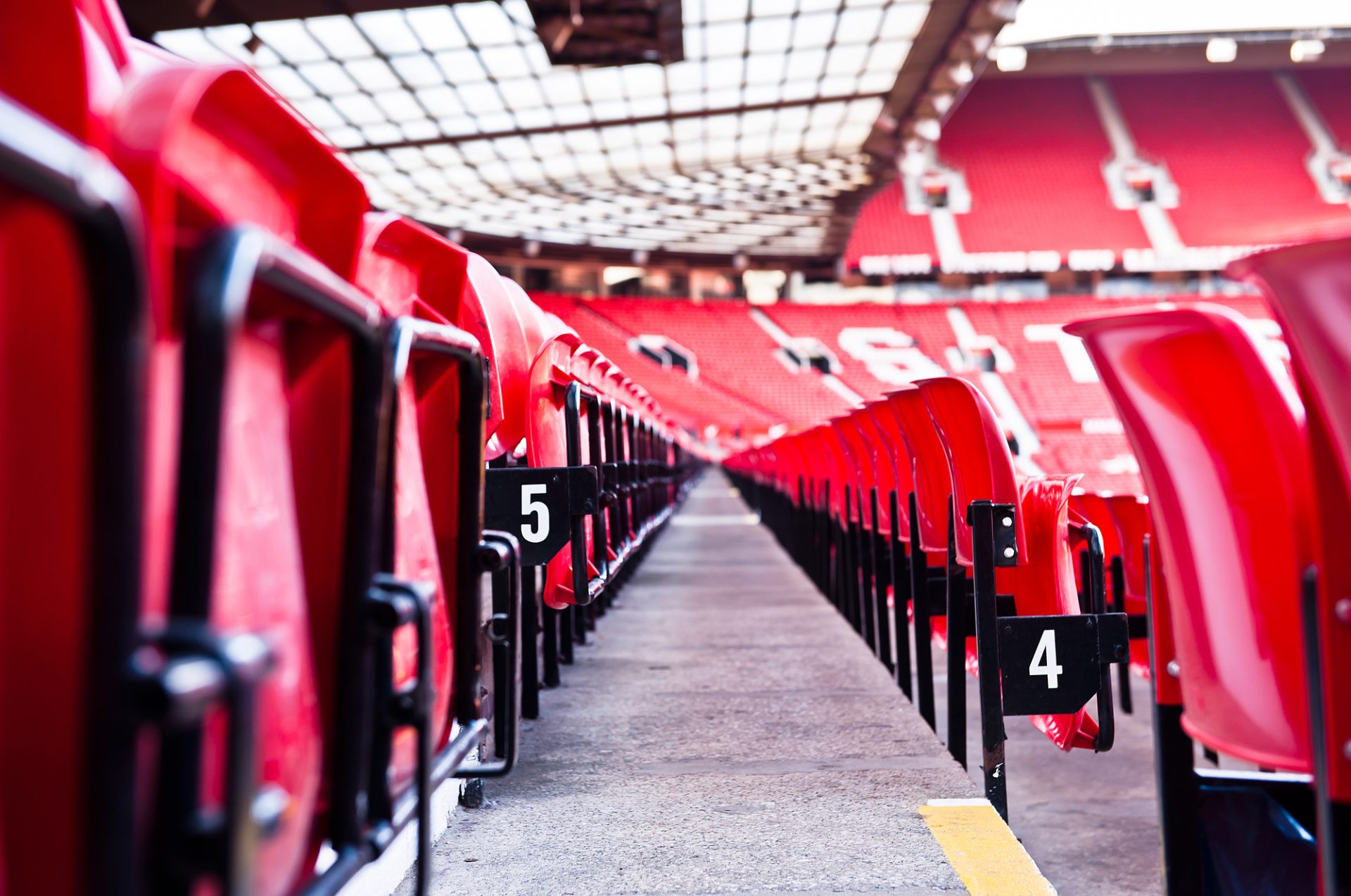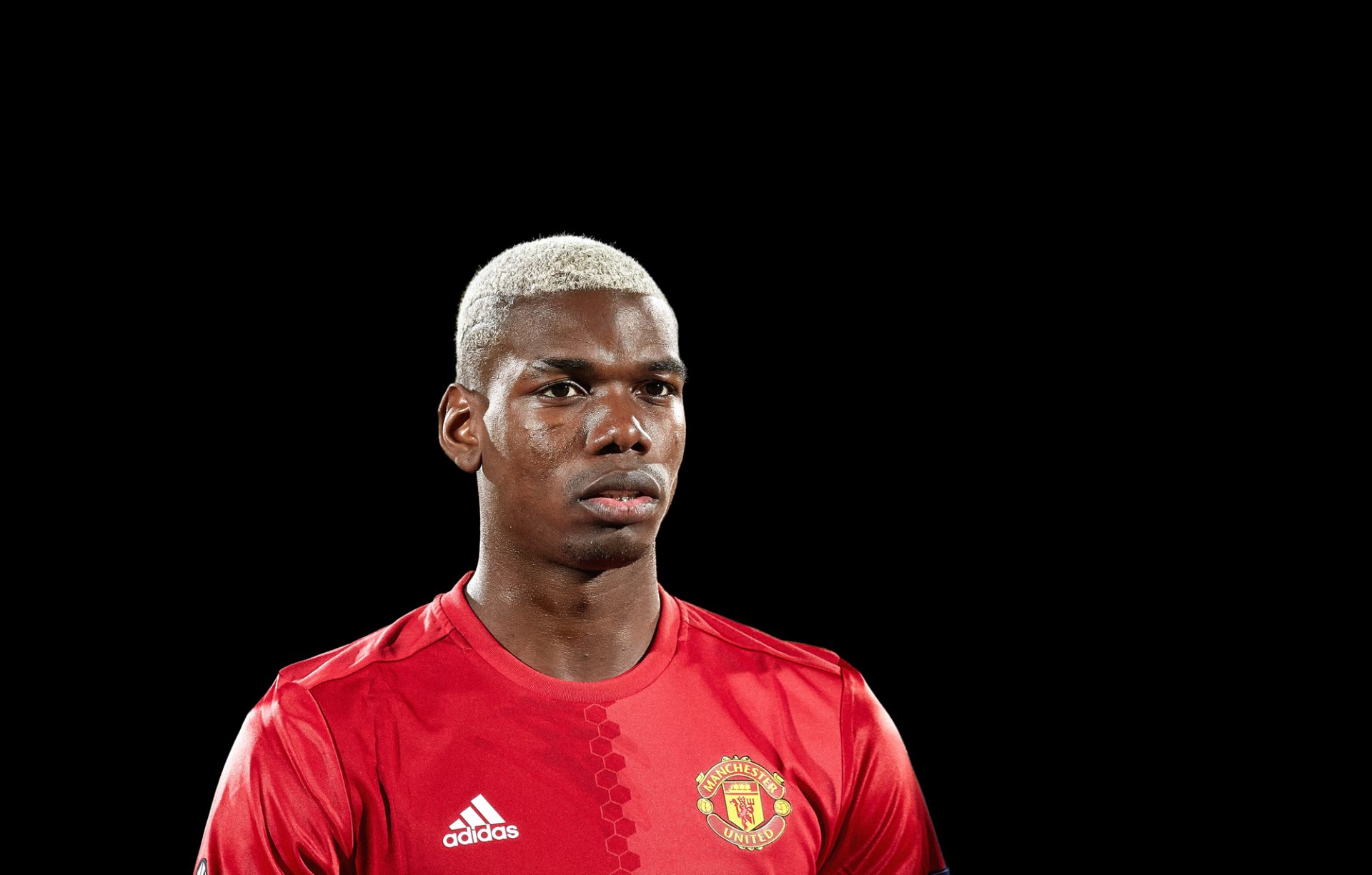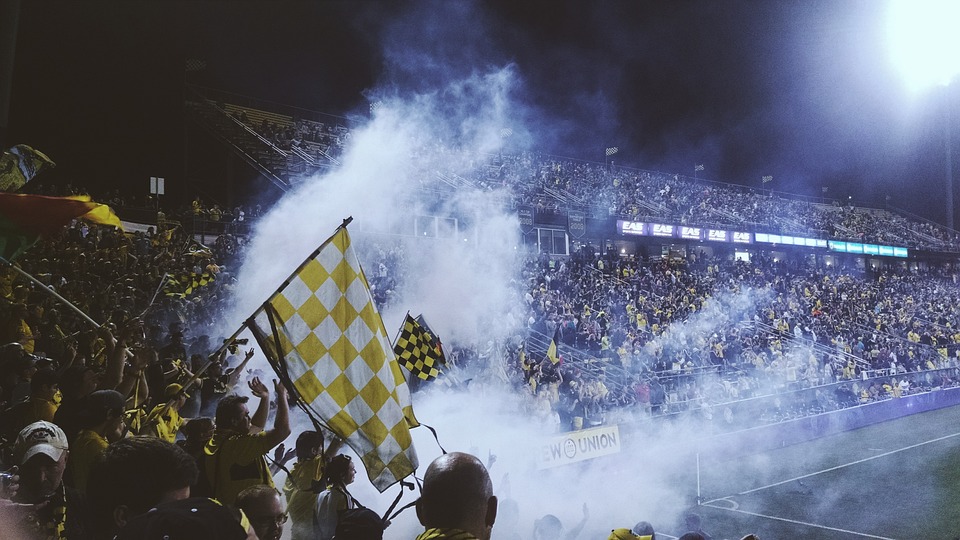Football’s Gambling Addiction Epidemic
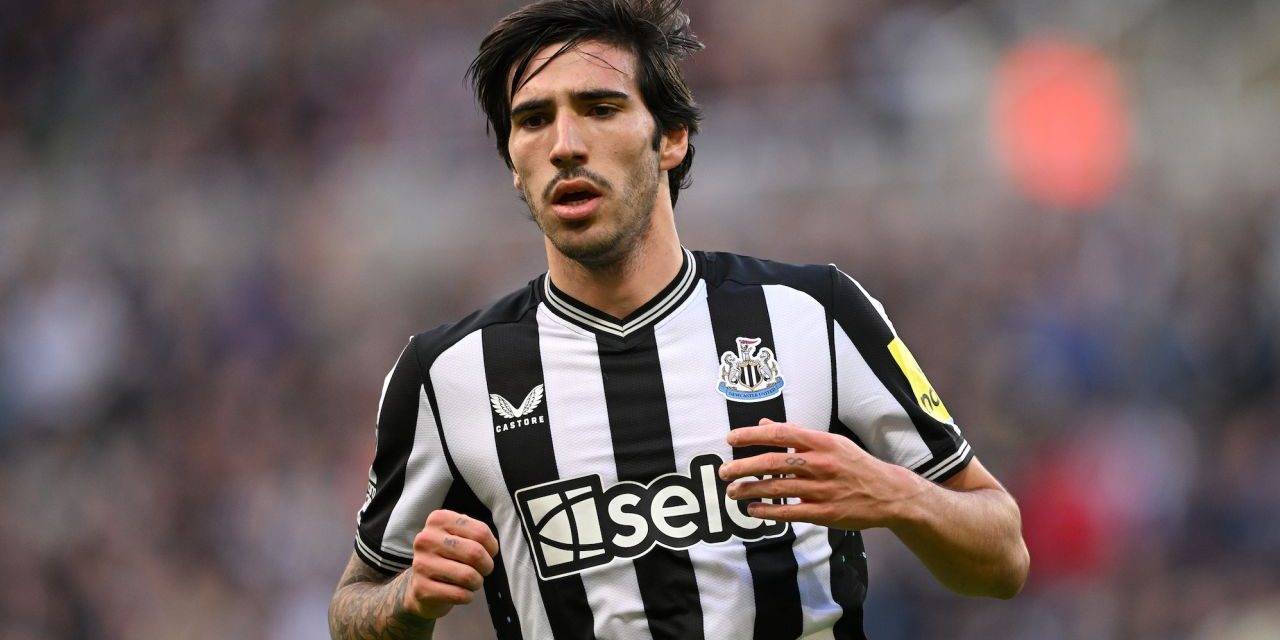
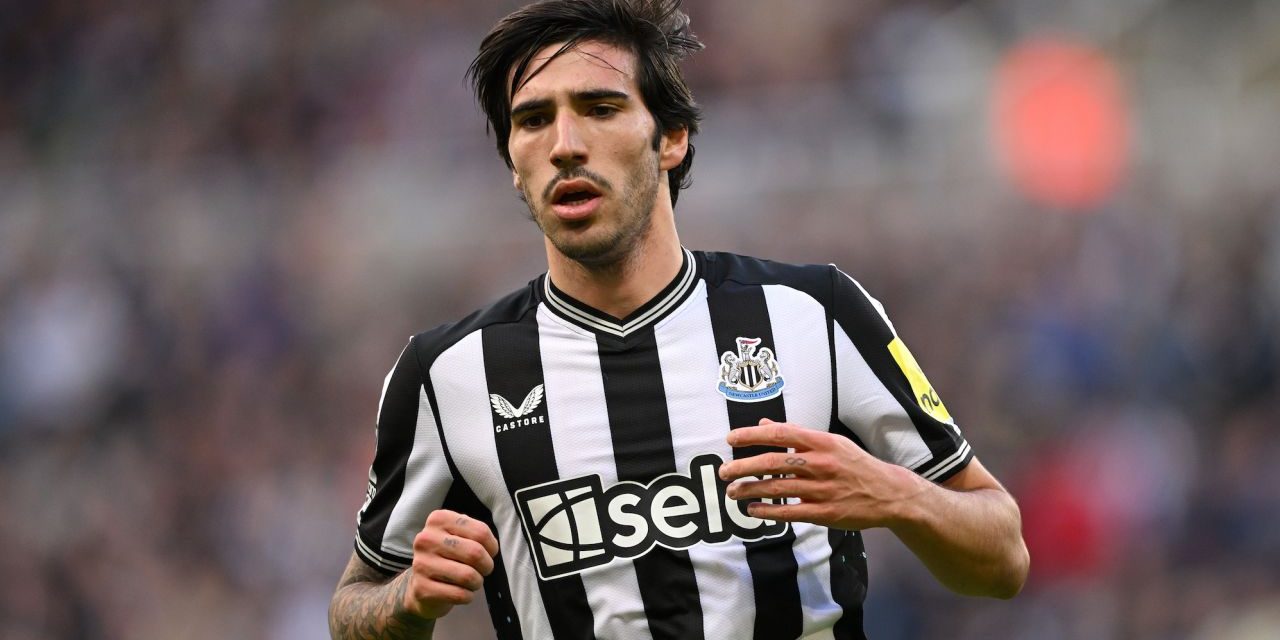
Table of Contents
Football’s gambling addiction epidemic only appears to be getting worse in recent seasons, as more players are getting suspended than ever before.
Sandro Tonali is the latest high-profile professional footballer to receive a ban from playing for making bets that were against football’s laws. This comes less than a season after Brentford’s Ivan Toney received a ban for gambling, one that he is still serving at the time of writing.
So, what’s happening? What has caused this surge in gambling addiction and offences within football and what can be done to stop it? The issue is a complex one, but football definitely isn’t going about combating it in the correct way.
Football’s Gambling Addiction Epidemic
Tonali and Toney are probably the two most high-profile recent examples of footballers that have been banned for breaking betting rules. This is far from a new issue, though, as dozens of others have also been penalised for gambling offences.
Harry Toffolo, Andros Townsend, Joey Barton, Daniel Sturridge and Kieran Trippier have all raced bans thanks to gambling offences. Trippier is one of the strangest examples of this too, as he was banned for 10 weeks due to his friend placing a bet on him being transferred to Atletico Madrid.

You know that there’s a serious problem when you get banned for someone else making what is a totally legal bet, albeit with some inside knowledge.
To take a look at gambling’s problems in football, we first need to look at how football is dealing with these issues. In a word, they’re doing so poorly.
The punishment doesn’t fit the crime
When considering what the best course of action is, it’s usually advisable to consult experts in the subject. Going down to your local garage is a good place to start when looking to repair your car, but you wouldn’t trust a mechanic to give you a hip replacement.
That might sound ridiculous, and ridiculously obvious, but that is exactly the uninformed approach that football’s governing bodies have taken when it comes to dealing with gambling addiction in football. That is what it is as well, an addiction, describing it as anything else would be inaccurate.
Paul Merson is someone who comes in for a lot of criticism when it comes to his on-screen gaffs while working as a pundit for Sky Sports, but his opinion on serious issues such as this is one that shouldn’t be taken lightly.
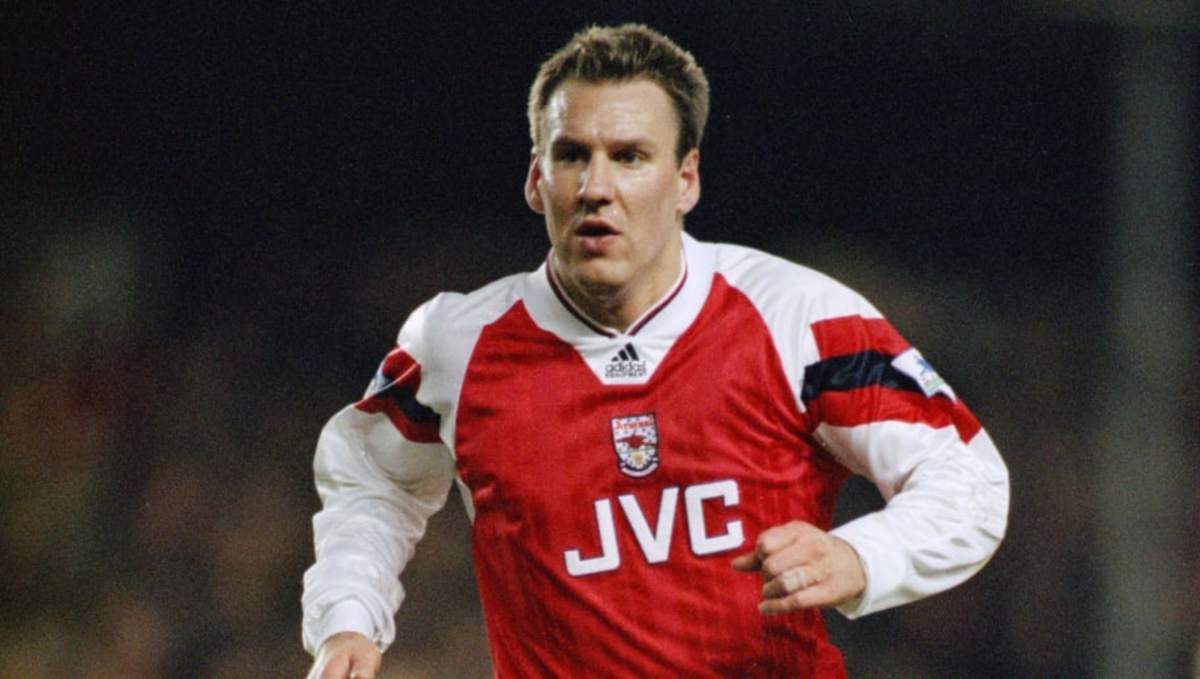
The Arsenal great had an excellent career on the pitch, but off it, he was tortured by addiction to alcohol, cocaine and gambling. As early as 1994, Merson came out publicly as an adcict and attended rehab in 1995.
Merson has made his views on the issue clear by stating gambling “Is an illness” before adding “If he [Tonali] was drinking or taking drugs, he’d be put in a treatment centre… But with gambling, it’s like “bang, just stop. You earn a lot of money, you don’t need to do it…” People think because you don’t put anything in your body, you can just stop it with willpower, but it’s an illness, it’s not like that.”
Merson is spot on in his views. Anybody that has battled addiction of any kind will know that being by yourself at home with your thoughts is the easiest way to relapse. Tonali will now be unable to play or train for months, basically meaning that he can’t do the job he’s done all of his life for almost a year.
It doesn’t matter how much money you earn, that is a dark place to be, especially when you consider he’s only been in England since this summer and likely hasn’t got many friends or family up in the Northeast yet.
Change starts from within
There is a bigger problem here, though, as football, ironically, takes a lot of chances when it comes to gambling. If you watch a Premier League match, you’ll see a lot of gambling companies front and centre of the television.
Their logos are not only emblazoned on the front of most team’s shirts, but also on the advertising hoardings around the stadium, the name of the stadium and during the half-time ad break. Even the English Football League is sponsored by Sky Bet.
Gambling couldn’t be more prominent in football if it tried to be.
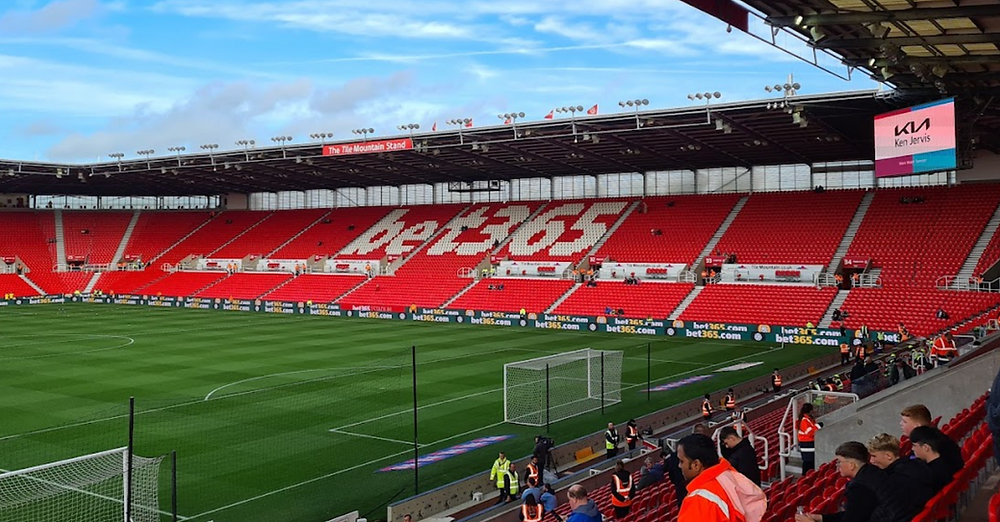
The whole “when the fun stops, stop” campaign is a nice jesture, but it won’t change anything. It’s similar to the warnings placed on packets of cigarettes in most of the world. Despite there being a label literally saying what’s inside can kill you, smokers still smoke because they’re addicted.
So, what can be done? This is a worldwide problem, but we’ll stick with the UK because the Premier League is arguably the worst offender when it comes to gambling addiction. Banning gambling advertising in the UK would be a start to solving the problem.
The UK government has flirted with the idea in recent years, but has backtracked on this for now. Perhaps when a new government gets elected, this will change. If gambling advertising was banned in the UK, then we wouldn’t see gambling companies plastered over our screens when watching a game.
Gambling addiction would still be a problem, but the exposure being less prominent would scale the issue down. To be clear, I’m not advocating for banning gambling, as addicts would still find a way to bet, whether it’s legal or not. Plus, plenty of people gamble and aren’t addicted.
The issue is not an easy one to solve by any means, but banning offenders doesn’t work. Better understanding and rehabilitation are more likely to be successful in the long-term, but change doesn’t appear to be forthcoming on this front.

